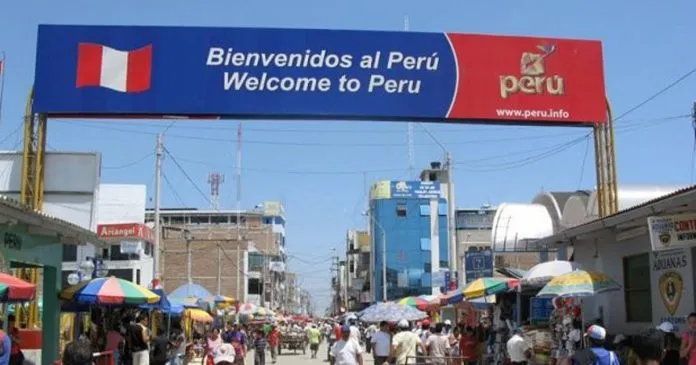Introduction
In response to escalating political unrest in Venezuela, Peru has implemented stringent measures to tighten its border controls. This action is aimed at managing potential new waves of Venezuelan migrants seeking refuge due to the recent political turmoil and controversial election results in Venezuela.
Context of the Situation
Background on the Venezuelan Crisis
Venezuela has been experiencing significant political instability, particularly following the recent presidential elections. The results, announced by the National Electoral Council (CNE), declared Nicolás Maduro as the winner, a decision that has been met with widespread protests and allegations of electoral fraud. The protests have triggered concerns of a new exodus of Venezuelans, similar to the mass migration experienced in recent years.
The Previous Migration Wave
Over the past few years, Peru has seen a substantial influx of Venezuelan migrants, with nearly 1.5 million individuals seeking refuge in the country. This previous migration wave was driven by Venezuela’s deepening economic and political crises, which led to severe humanitarian conditions.
Peru’s Response
Strengthening Border Controls
In light of the recent unrest in Venezuela, Javier González-Olaechea, Peru’s Minister of Foreign Affairs, announced measures to enhance border controls. The Peruvian government is implementing stricter controls at both land and air entry points to manage the flow of migrants and prevent an uncontrollable surge.
González-Olaechea emphasized the necessity of these measures, stating, “We cannot accommodate another exodus on the scale of the previous one.” The goal is to ensure that Peru’s immigration system is not overwhelmed and to maintain orderly processing of new arrivals.
Case-by-Case Visa Assessment
To address the needs of Venezuelan migrants while ensuring security, Peru’s Ministry of Foreign Affairs will assess visa applications and other forms of immigration status on a case-by-case basis. The aim is to provide support to those genuinely in need while controlling the potential influx of new migrants.
Diplomatic Tensions and Actions
Expulsion of Venezuelan Diplomats
In a related move, Peru announced the expulsion of Venezuelan diplomats from its territory. The decision, which came with a 72-hour deadline for the diplomats to leave the country, was in response to what Peru described as “grave and arbitrary decisions” made by the Venezuelan government.
This diplomatic action followed Venezuela’s demand for several countries, including Peru, to withdraw their representatives from Venezuelan soil. The Venezuelan government accused these countries of interfering in its internal affairs and making inappropriate statements regarding the presidential elections.
Peruvian Government’s Position
González-Olaechea has expressed strong doubts about the legitimacy of the Venezuelan presidential elections, suggesting that there is clear evidence of electoral fraud. He has voiced support for the opposition leader Edmundo González Urrutia, who is claimed by the opposition to be the rightful winner of the elections.
The Peruvian Foreign Minister has also indicated that, if Maduro’s presidency persists, it could result in a de facto government, undermining the democratic process in Venezuela.
International and Regional Reactions
OAS Session
González-Olaechea is scheduled to attend an extraordinary session of the Organization of American States (OAS) in Washington. This meeting aims to address the political crisis in Venezuela and discuss potential regional responses to the ongoing situation.
The session will likely focus on the broader implications of the Venezuelan crisis for neighboring countries and the international community. Peru’s participation underscores its commitment to addressing regional stability and supporting democratic processes.
Conclusion
Peru’s recent measures to reinforce border controls and manage the potential influx of Venezuelan migrants reflect a proactive approach to a complex and evolving situation. The country’s response aims to balance humanitarian considerations with national security and stability.
As the political crisis in Venezuela continues to unfold, Peru’s actions demonstrate its efforts to navigate the challenges posed by migration pressures and diplomatic tensions. The international community, including regional organizations like the OAS, will play a crucial role in addressing the broader implications of the Venezuelan crisis and supporting efforts to restore stability in the region.
For more detailed coverage and analysis of Latin American affairs, visit the Latin America section on The Meridian Times.


